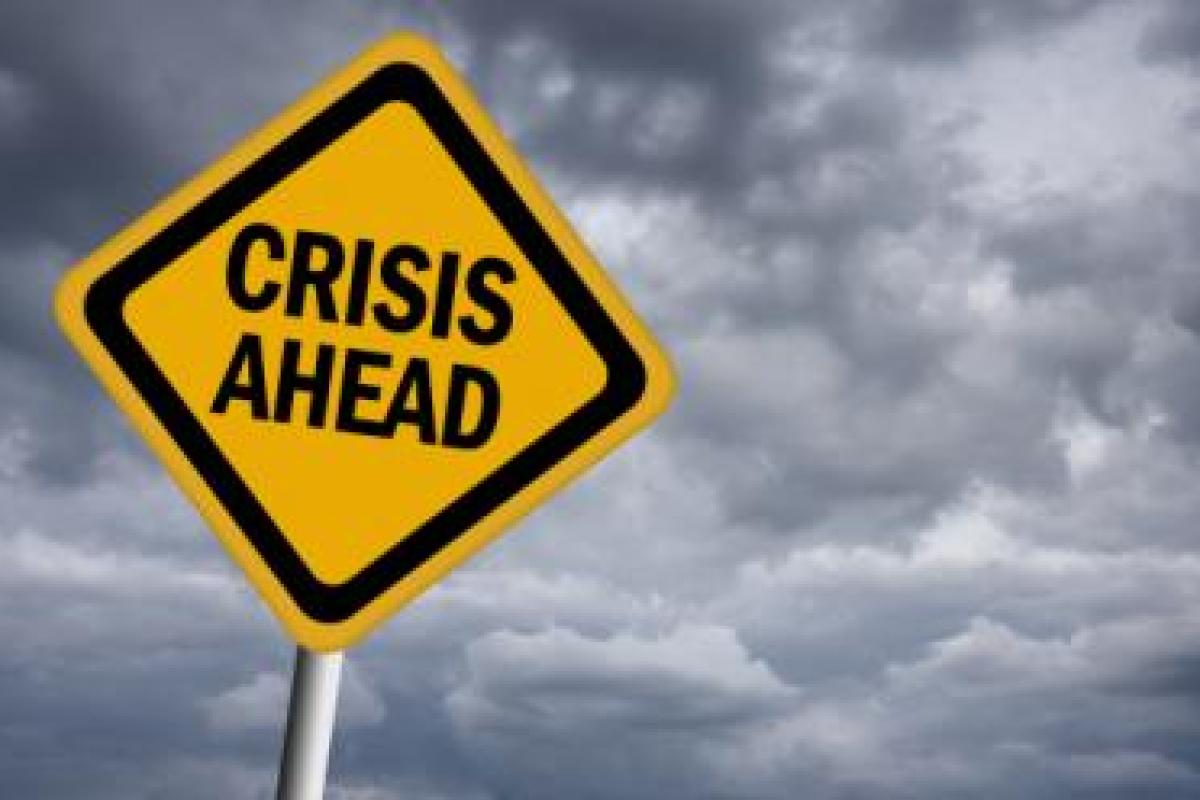If PR companies aren’t overwhelmed with business now they are missing a trick. The BP spill has been well covered but Allyson Stewart-Allen makes a subtler point in her Market Leader ‘Letter from America’. Now that so many companies are operating internationally, the apologies not only have to be made quickly and clearly but in a style appropriate to the culture in which the disaster happened. Americans demand their sinners weep, beat their breasts, pray for forgiveness. Getting that kind of blood out of the stony Tony Hayward may have been impossible but a better spokesperson capable of tearing up on cue could surely have been found.
The latest controversy over the Muslim ‘Mosque’ (explanation for the quotation marks later) is another example. The line generally taken seems to be that it is a matter of principle that the building go ahead, unwise though the decision to build may have been. But it really isn’t a matter of principle since no one is denying the right to worship. Nor is it just a matter of insensitivity (how close is too close – 2 blocks? 3 blocks? A mile? And in any case, that still assumes guilt on the part of the builders). It is the false syllogism that is the basis of all bigotry, prejudice and stereotyping: e.g. that while all al Qaeda are Muslim, all Muslims aren’t al Qaeda. The fact is that the Cultural Centre (which does include a prayer room but no minarets for calls to prayer) belongs to the Sufis – one of the most gentle and pacific of Islamic sects with no similarity to al Qaeda whatsoever, a point vividly made by writer Hendrick Hertzburg in a recent New Yorker Q&A. Someone asked him if this was analogous to opening a gun store close to Columbine High School. He answered yes, providing the store was in favour of gun laws and sold only water pistols. Few people speaking in favour of the building point out just who the Sufi are and what they stand for (and indeed, that they are hated by al Qaeda who recently bombed one of their mosques) allowing the argument to go by default to the bigoted (as, ironically, the principles argument does) just makes things worse.
Furthermore the damage in both of these cases – whether it is commercial and reputational as in the case of BP or social in the case of the Muslim controversy is more than just temporary. With the internet, nothing ever goes away: partial truths will be re-cycled forever if they serve a purpose (Nestle still has to cope with the baby food crisis in him early 70s well before the internet).
And there’s another consequence which opinion researchers study. And that is the impact of the debate itself on what are at worst merely half formed vague feelings. Whatever such a debate is about, it turns these fairly shadowy beliefs and prejudices first into half –baked attitudes and then, with the support of all kinds of more vocal and often more articulate forces, into fully baked prejudices. A study some years ago into the clinical ineffectiveness of ‘talking cures’ concluded that the act of ‘talking the grievance or neurosis out’ simply made things worse: it encouraged the patient to rehearse the problem over and over again, thereby strengthening it at every telling. Freud has a lot to answer for in his belief that neurosis (like pus in a boil) could be released by articulating (lancing) it. In fact, it does just the opposite.
The first rule of PR is to do your work in secret as though your good ideas came straight from your client so we may not know who is benefiting from these examples. But crisis management skills have never been more needed.
